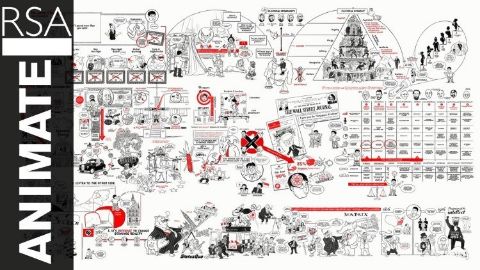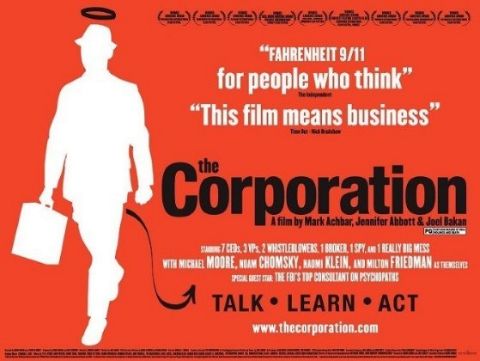RSA • 2010 - 2016 • 4 episodes •
Professor Renata Salecl explores the paralysing anxiety and dissatisfaction surrounding limitless choice. Does the freedom to be the architects of our own lives actually hinder rather than help us? Does our preoccupation with choosing and consuming actually obstruct social change?
2011 • Economics
This lively RSA Animate, adapted from Dan Pink's talk at the RSA, illustrates the hidden truths behind what really motivates us at home and in the workplace.
2010 • Lifehack
Ever wondered why kids say they’re bored at school, or why they stop trying when the work gets harder? Educationalist Carol Dweck explains how the wrong kind of praise actually *harms* young people.
2015 • Lifehack
‘Economics is for everyone’, argues legendary economist Ha-Joon Chang in our latest mind-blowing RSA Animate. This is the video economists don’t want you to see! Chang explains why every single person can and SHOULD get their head around basic economics. He pulls back the curtain on the often mystifying language of derivatives and quantitative easing, and explains how easily economic myths and assumptions become gospel. Arm yourself with some facts, and get involved in discussions about the fundamentals that underpin our day-to-day lives.
2016 • Economics









